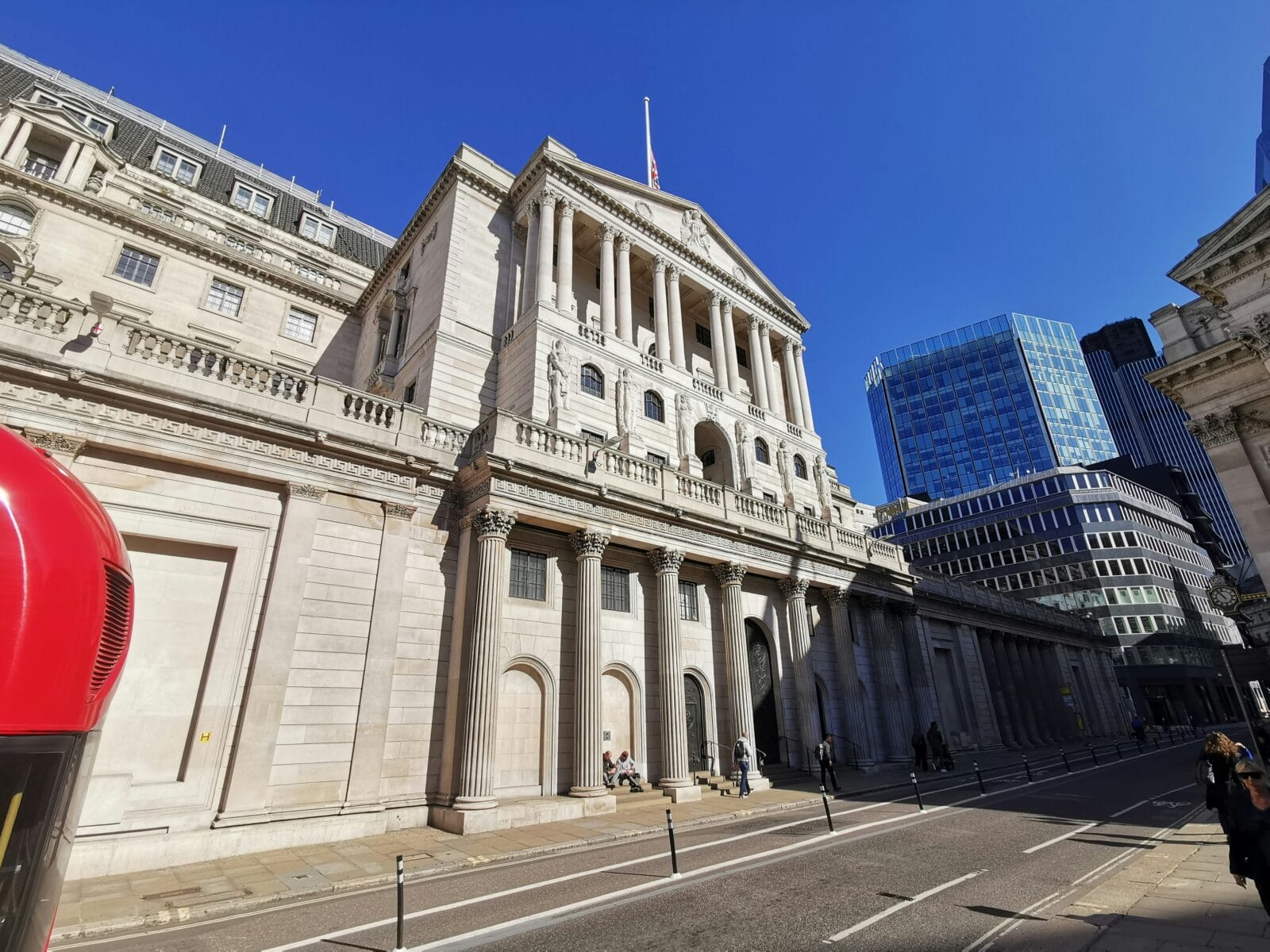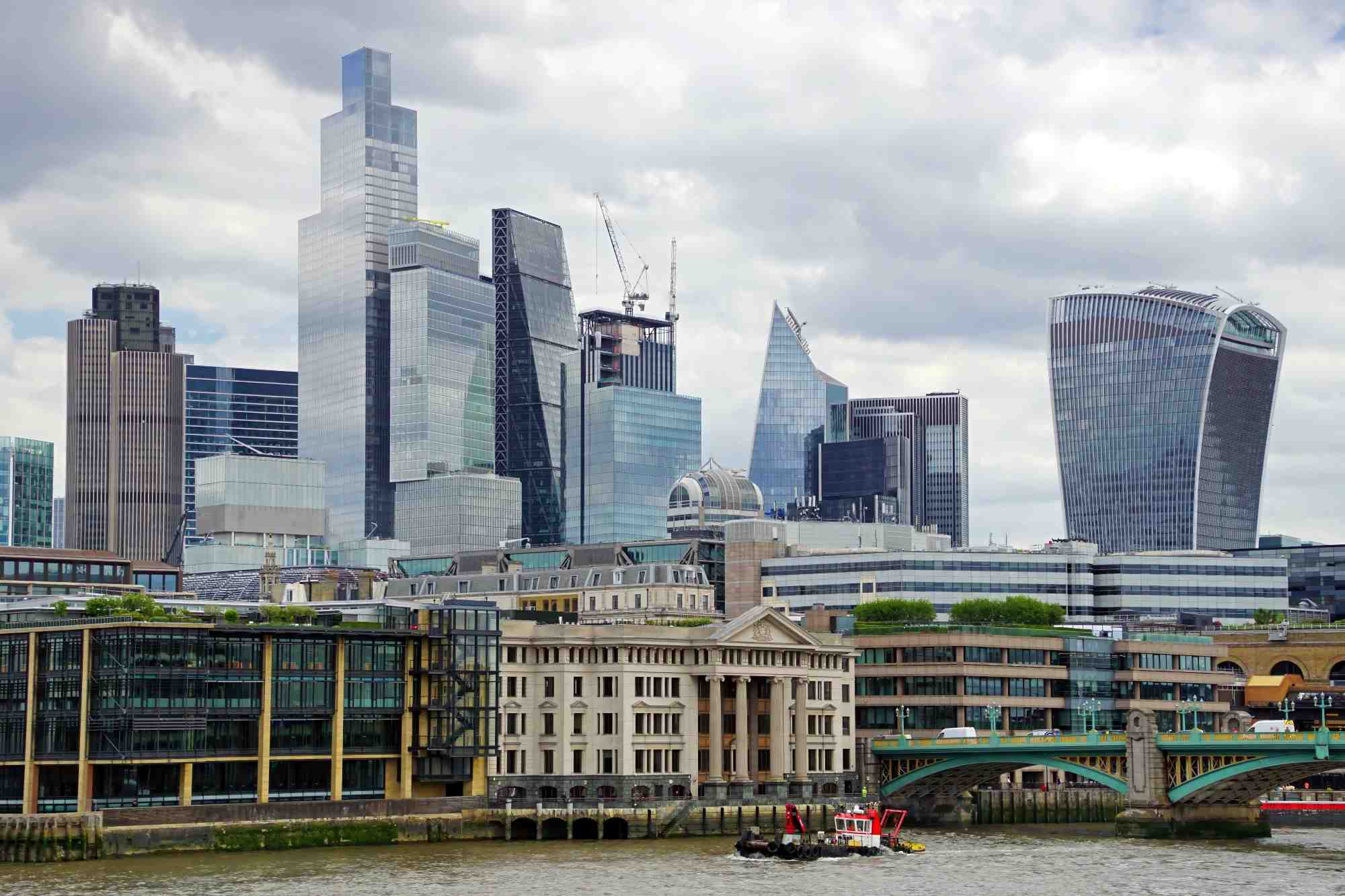Following the decision by the Bank of England to hold interest rates at 4%, Lindsay James, investment strategist at Quilter, has shared her thoughts.
The Bank of England, as was expected, has voted to hold interest rates at 4%. As we approach the Budget in November and economic growth grinds to a halt, this a far from ideal scenario for the Government as it contends with persistently high inflation. In fact, markets are not fully pricing the next rate cut in until the end of April next year.
Given yesterday’s inflation figure and expectations that it will climb to 4% later this year, the BoE was left with little choice but to hold rates. Inflation is sticky, with services inflation particularly persistent, driven by a broad range of factors – however persistently high wage inflation is one area of commonality. The Monetary Policy Committee at the BoE has previously said it expects inflation to peak in September before falling back towards target, but the risk remains that progress will continue to be slow given the impact that the recent rise in inflation may have on wage and price setting decisions for the months ahead.
Theoretically a slightly weaker labour market should allow for further wage disinflation, however other factors such as skills gaps and a lack of labour mobility can mean that the effect is not so clear cut. And for now the weaker jobs market is not enough to force a rate cut and stimulate the economy.
Whether or not the UK economy can wait until April before the next rate cut remains to be seen. Next sounded the alarm this morning in its latest results, citing concern about the UK’s economic prospects. With the Budget rumour mill in full swing and an expected downgraded in productivity from the Office for Budget Responsibility at the time Rachel Reeves stands to deliver the Budget, economic growth is likely to be desperately lacking for the remainder of the year. For now, inflation is the big concern and appears to be an issue neither the BoE nor the Government can tame.









![[UNS] tax](https://ifamagazine.com/wp-content/uploads/wordpress-popular-posts/788955-featured-300x200.webp)
![[uns] house of commons, parliament](https://ifamagazine.com/wp-content/uploads/wordpress-popular-posts/788873-featured-300x200.webp)




